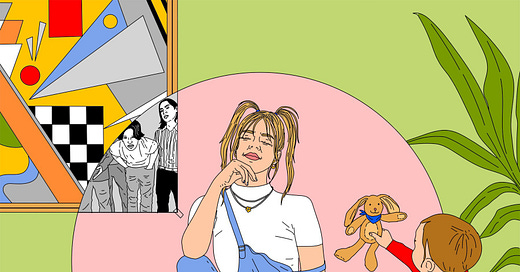Why Millennials Hate Adulting
“When I was a child, I thought like a child; I spoke like a child. But when I became a man, I put childish things away.” — Apostle Paul of the Bible.
Keep reading with a 7-day free trial
Subscribe to Unorthodoxy to keep reading this post and get 7 days of free access to the full post archives.





